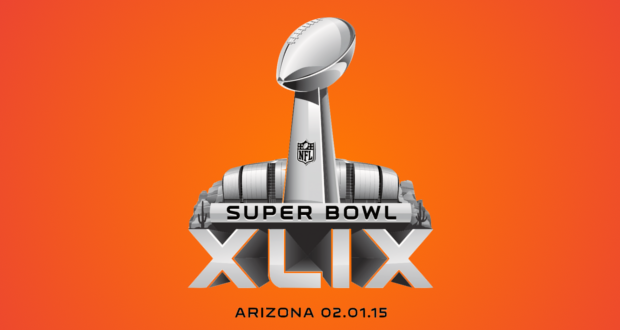Despite my general lack of interest in sports, I often find myself looking forward to the Super Bowl. I usually watch for the commercials, but I'll admit that I was also excited to see Katy Perry's halftime show last night and found it surprisingly enjoyable. The actual game of football, on the other hand, I find only mildly entertaining. I usually get turned off by fans who are far too crazed about "their" teams. During this year's big game, however, my Bitcoin instincts kicked in, and I started to notice something fascinating. Bitcoin and the Super Bowl have some surprising similarities.
The Power and the Players
It all started when one of the referees called a penalty. This led me to consider the immense power held by those striped officials. They can change an entire game with a single decision. A ball spot can make the difference between a first down and a turnover. A pass interference call can invalidate a game-winning touchdown.
What's even more interesting is that the players and the coaches submit to these decisions - almost without exception. Sure, a coach can challenge a call that he doesn't like, but after a referee reviews the play, the decision is usually accepted. The coach might not agree with the official, but the game still continues according to the call. Even if a player starts throwing punches or profanity, he can be ejected from the game. Those decisions are also usually honored, allowing play to continue.
Force-Free Fun
Here's the real kicker: All of this happens without guns and without cages. No one threatens to lock up a player for 2 to 4 years if he ignores a 10-yard penalty and moves the ball to where he thinks it should be spotted. The rules are respected and consequences are accepted, even without the threat of violence. Rule-breakers can usually be fined, but only according to their contracts. The most important part is that the players and teams agree to these rules and consequences voluntarily, when they first sign their contracts.
This is a lot like the way Bitcoin works. It has rules and someone has to decide what those rules should be, but no force is necessary to enforce them. No one threatens to shoot a user who tries to create new bitcoins out of thin air. Rather, the network simply rejects transactions like that, just like a league would reject a player if he broke a rule and didn't pay the fine.
If a user hates Bitcoin's minimum transaction size or some other feature, he is completely free to use a different cryptocurrency or even create his own. Likewise, athletes are free to join or not join any league they desire. They can even switch to a different sport or create a brand new game with their own rules, if they so desire.
Idealistic Harmony
While sports are not entirely exempt from hazardous government intervention, they do present an amazing example of voluntary rule enforcement. There are certainly situations where a league or a player could take legal action, but in general, the rules are obeyed because of contracts and because misbehavior is looked down upon.
Setting aside the external threat of government, football players and Bitcoin users need not fear armed officials. And even without the guns, we generally do not see people rejecting the rules and consequences. That is a wonderful situation, and we hope it will one day become ubiquitous.
Leave a comment and let me know if you agree that the NFL has a healthy dose of voluntarism!
Related:
My co-host isn't a huge fan of comparing two things that are so different and would probably disapprove of my commentary. Catch the latest episode of the You, Me, and BTC podcast to learn what I mean! (Tune in around 8m15s.)
 You, Me, and BTC Your Liberty & Bitcoin Podcast
You, Me, and BTC Your Liberty & Bitcoin Podcast





